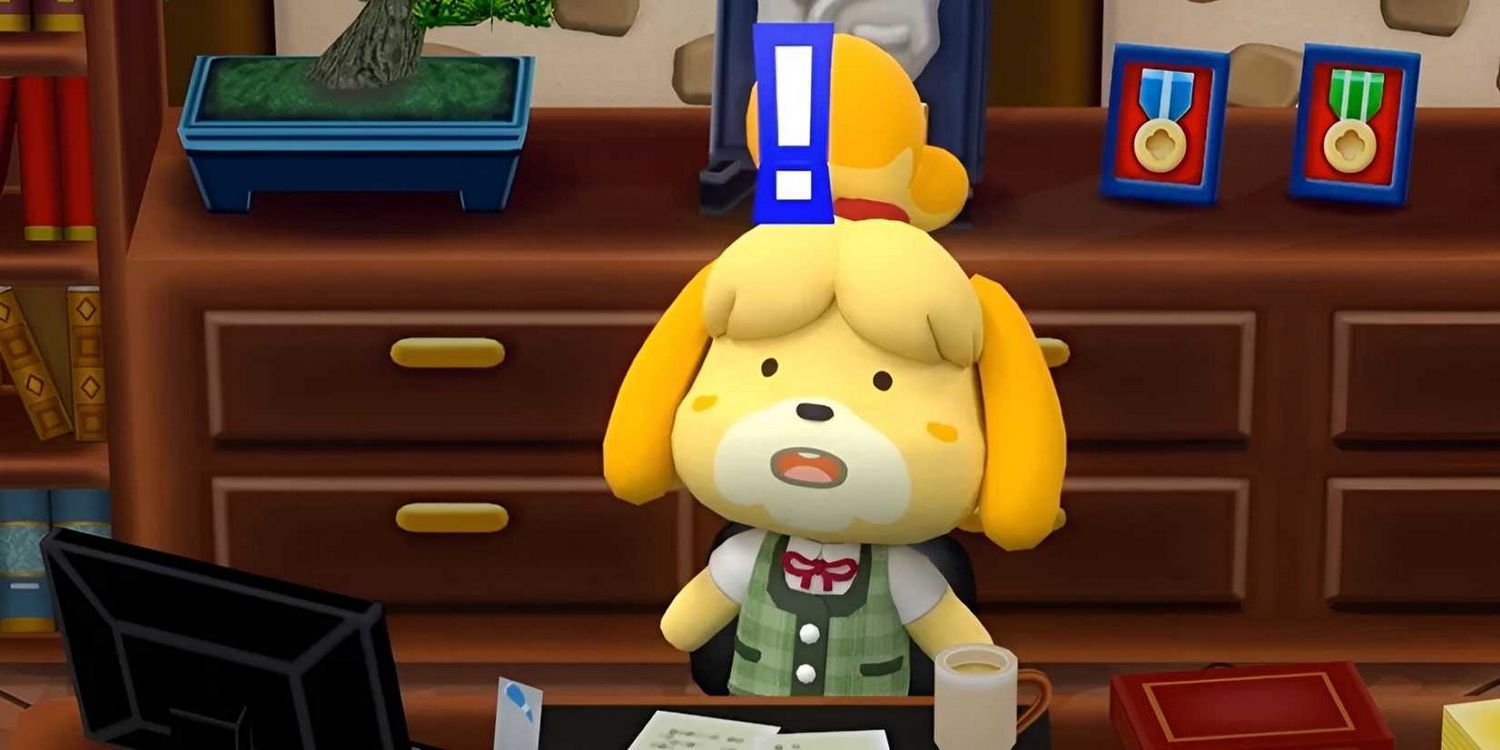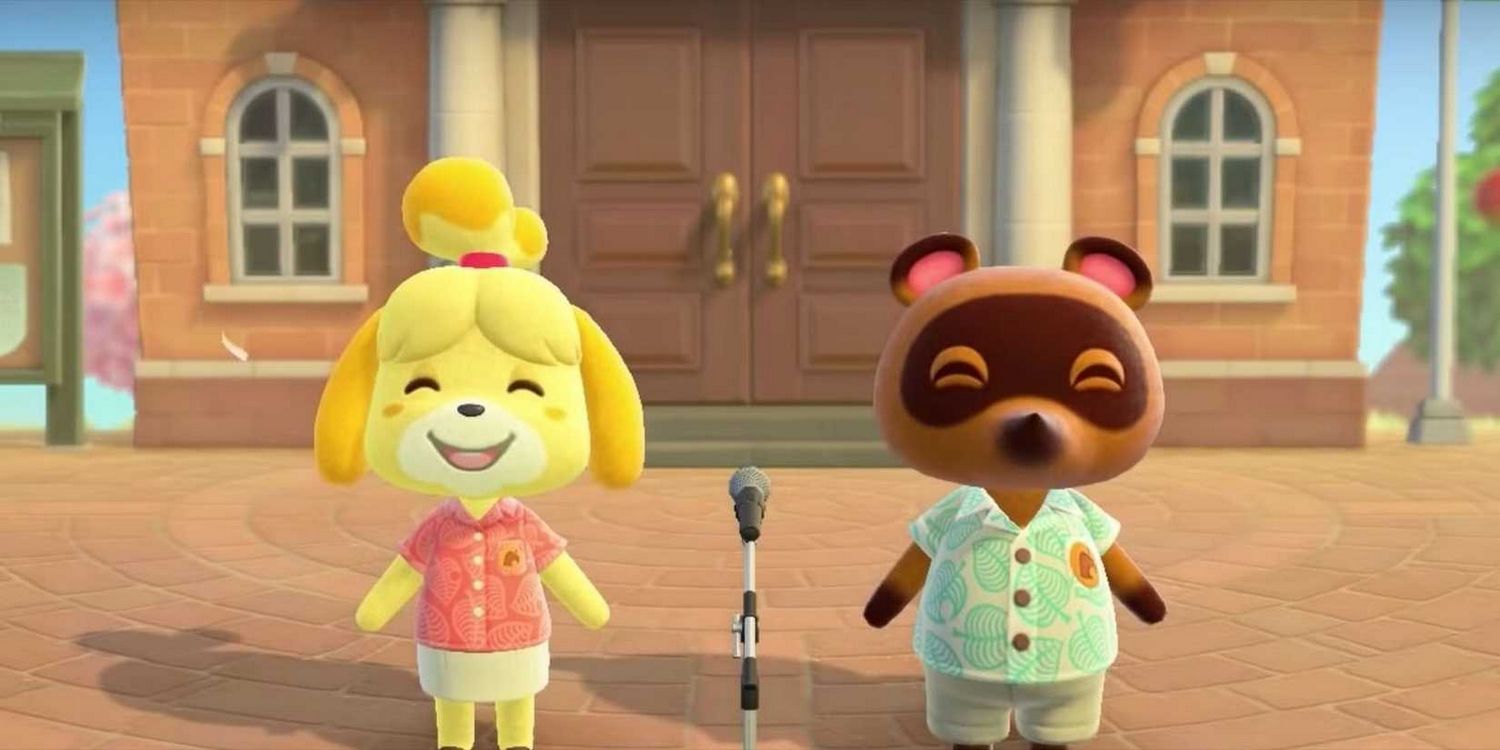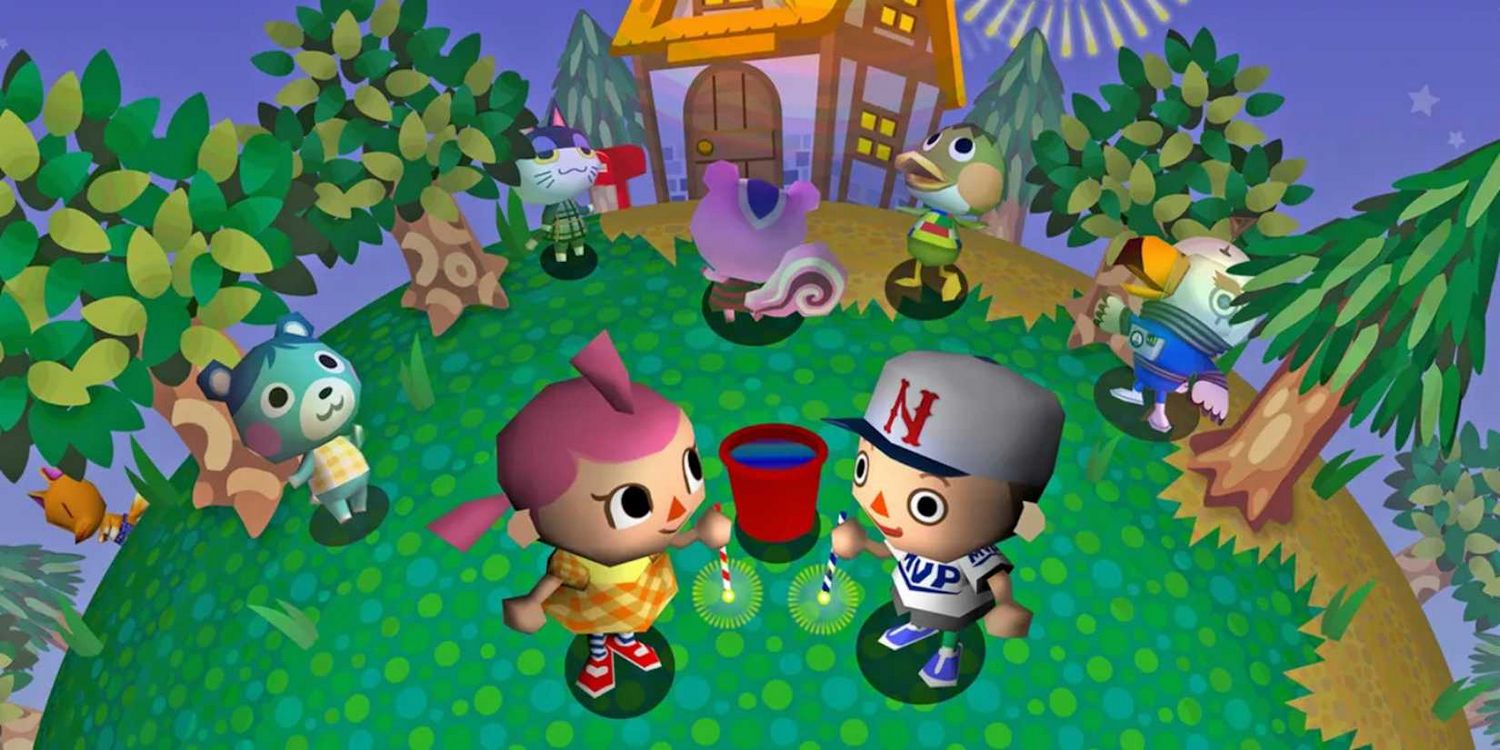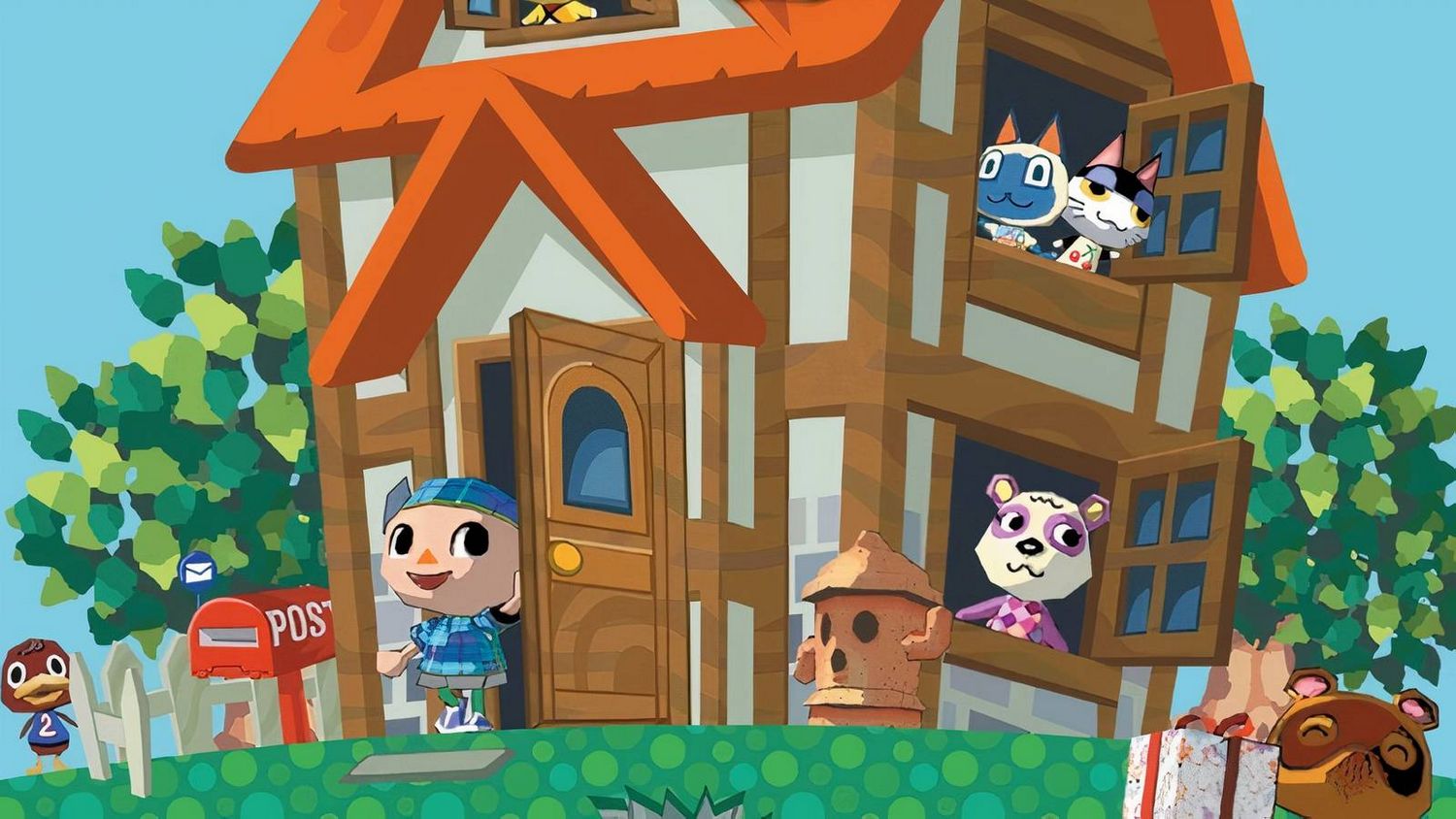Unveiling a Lost Title: How Animal Acres Was Almost Animal Crossing
Popular Now
 In the expansive and ever-evolving world of gaming, few titles have achieved the cultural phenomenon status of Nintendo’s Animal Crossing. From its humble beginnings on the Nintendo 64 to the global sensation of New Horizons on the Nintendo Switch, the series has captivated a massive audience with its charming blend of life simulation and wholesome community building. However, a recent revelation has cast a fascinating new light on the franchise’s history, revealing that the beloved series was nearly given a completely different name in the West: Animal Acres. This previously unheard-of detail provides a compelling glimpse into the localization process and the strategic branding decisions that shaped a blockbuster IP.
In the expansive and ever-evolving world of gaming, few titles have achieved the cultural phenomenon status of Nintendo’s Animal Crossing. From its humble beginnings on the Nintendo 64 to the global sensation of New Horizons on the Nintendo Switch, the series has captivated a massive audience with its charming blend of life simulation and wholesome community building. However, a recent revelation has cast a fascinating new light on the franchise’s history, revealing that the beloved series was nearly given a completely different name in the West: Animal Acres. This previously unheard-of detail provides a compelling glimpse into the localization process and the strategic branding decisions that shaped a blockbuster IP.
The Origins of a Phenomenon
To truly appreciate the significance of this discovery, it’s essential to understand the game’s original context. In Japan, the game was released as Dōbutsu no Mori, which translates to “Animal Forest.” This title perfectly encapsulates the game’s core premise: living in a small, rustic village inhabited by anthropomorphic animals. When Nintendo of America began the monumental task of localizing the game for Western audiences, they needed a title that would resonate with a new market while maintaining the essence of the gameplay. The name Animal Crossing was ultimately chosen, and it has since become synonymous with the franchise. It suggests the act of “crossing paths” with a diverse cast of characters and the movement between different towns, a key feature in the early games.
 The Case for Animal Acres
The Case for Animal Acres
The information about “Animal Acres” comes from a discussion with Leslie Swan, a former Nintendo localization manager with a rich history of working on some of the company’s most iconic titles. According to Swan, the localization team was presented with a variety of potential names, and Animal Acres was one of the frontrunners. She revealed that the name was favored by some on the team because the original game’s town grids and layout reminded them of acres of land. It’s a compelling, practical choice that highlights a different facet of the game’s design. The idea of “acres” evokes a sense of ownership, space, and rural life, all of which are central themes to the series. The CPC (Cost Per Click) and search volume for keywords like Animal Crossing games, Animal Crossing New Horizons update, and best Nintendo Switch titles are consistently high, a testament to the brand’s power. One can only speculate if “Animal Acres” would have achieved the same level of brand recognition and high-value search traffic.
 Branding and Market Impact
Branding and Market Impact
The decision to go with Animal Crossing over Animal Acres was a strategic one that ultimately paid off. “Crossing” is a dynamic verb, suggesting movement, social interaction, and the ever-changing nature of the game world. It’s a more active and engaging title than “Acres,” which is a noun that describes a static space. This subtle difference in tone and meaning likely contributed to the game’s immense success. The brand name itself became a part of the cultural lexicon. It’s not just a game; it’s a “lifestyle,” as many players would describe it. The franchise’s total sales figures, which have now surpassed 81.83 million units worldwide, with New Horizons alone selling a staggering 48.19 million copies, are a clear indicator of the effectiveness of the branding and the universal appeal of its themes.
A Glimpse into the Development Process
This news also provides a deeper understanding of the creative and sometimes complex process of video game localization. It’s not just a matter of direct translation; it’s about cultural adaptation, marketability, and finding a title that will grab a consumer’s attention. The developers’ original intent, as described by co-director Katsuya Eguchi, was to create a game that captured the feelings of loneliness and the desire for connection he experienced after moving to a new city. The themes of family, friendship, and community were at the heart of the project. While “Animal Forest” or “Animal Acres” would have been accurate, “Animal Crossing” brilliantly captures that core theme of connecting with others and building a new life. It’s a key reason why the game resonates so deeply with players who are looking for a calming, social experience.
The following are some of the key takeaways from this fascinating piece of gaming history:
- The original Japanese title was Dōbutsu no Mori, or “Animal Forest.”
- The localization team considered and almost used the name “Animal Acres.”
- The final choice, “Animal Crossing,” was more dynamic and engaging.
- This decision played a crucial role in establishing the series’ brand identity and appeal.
 The Ongoing Legacy
The Ongoing Legacy
While the revelation of “Animal Acres” is a fun piece of trivia for longtime fans, it also serves as a reminder of the careful thought that goes into every aspect of game development and marketing. The Animal Crossing series continues to thrive, with a dedicated player base that eagerly awaits new content, collaborations, and announcements. From the recent partnerships with brands like Crocs to the ongoing discussion about future updates and a potential new installment, the franchise remains a dominant force in the gaming landscape. The success of Animal Crossing: New Horizons has solidified its place among Nintendo’s flagship franchises, and its legacy is a testament to the power of a simple, yet perfectly executed, concept. The right title, it seems, was just one small but significant piece of that winning formula.